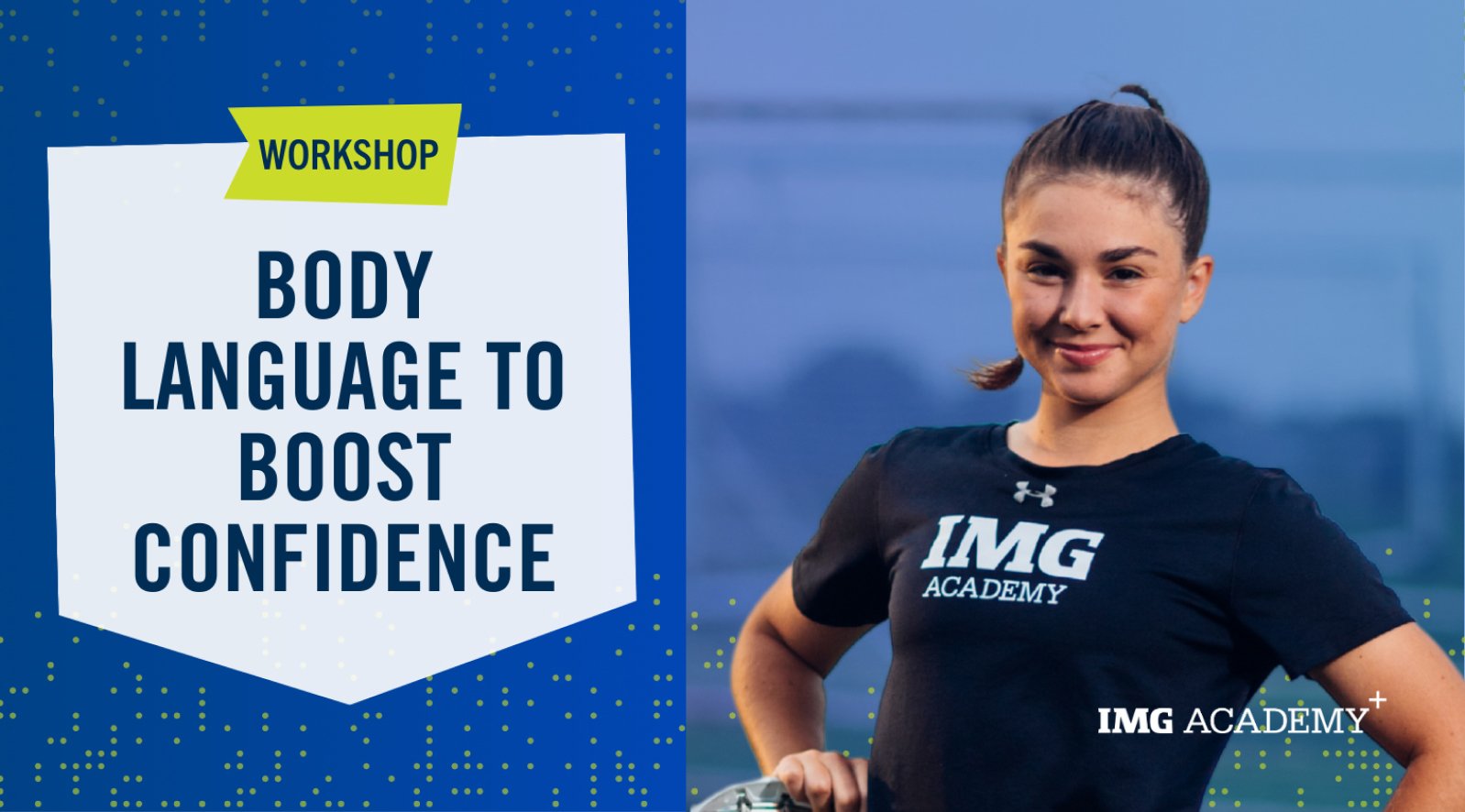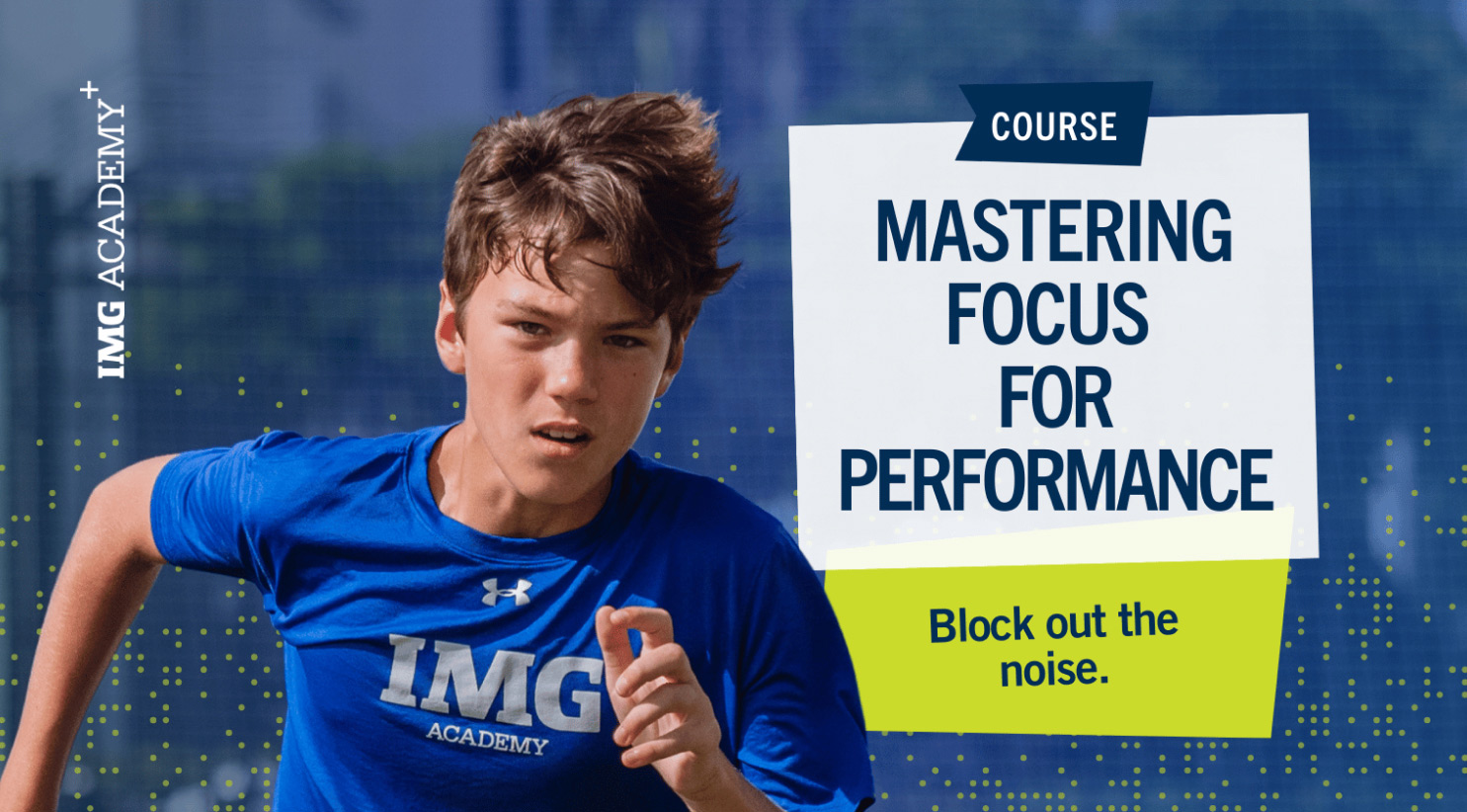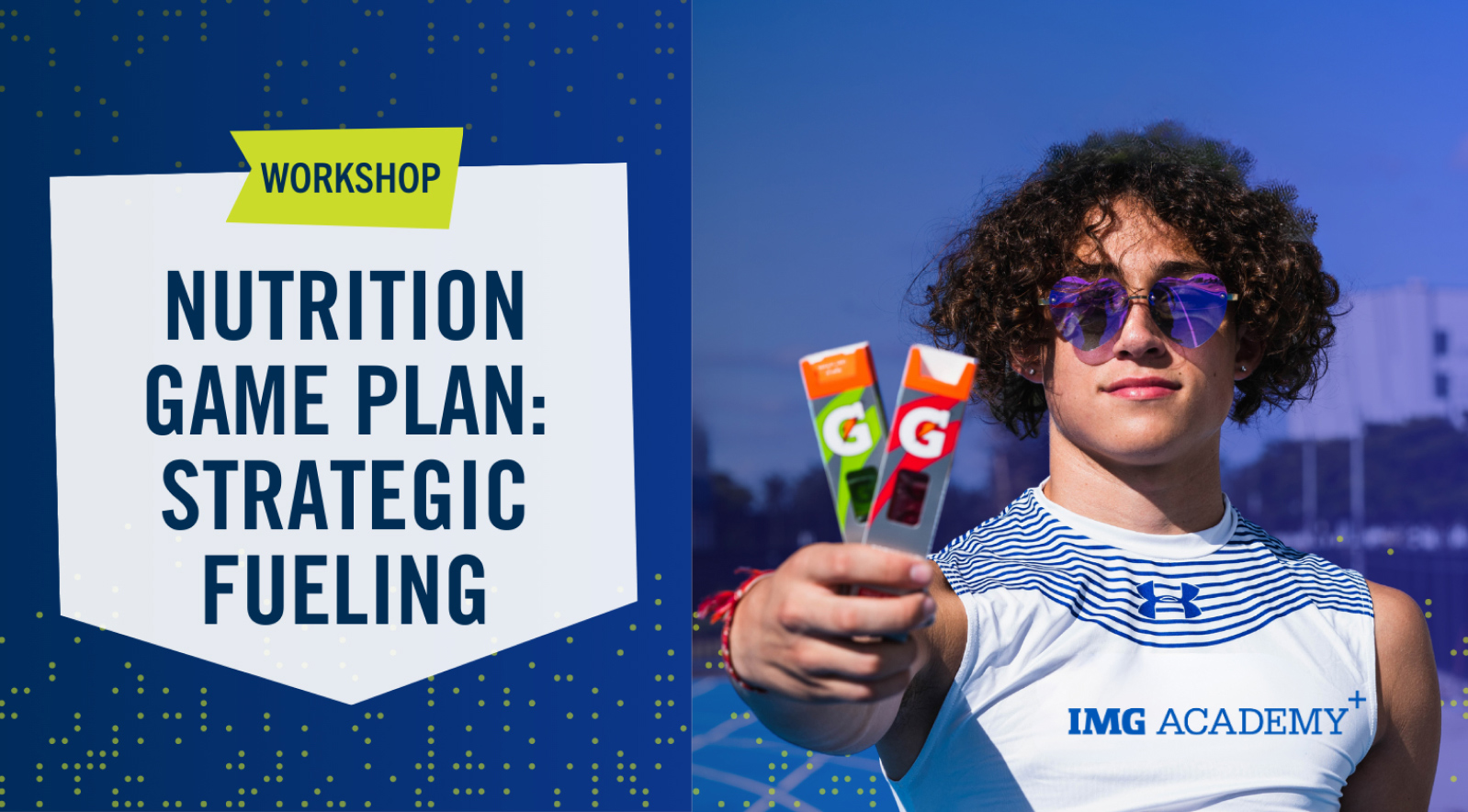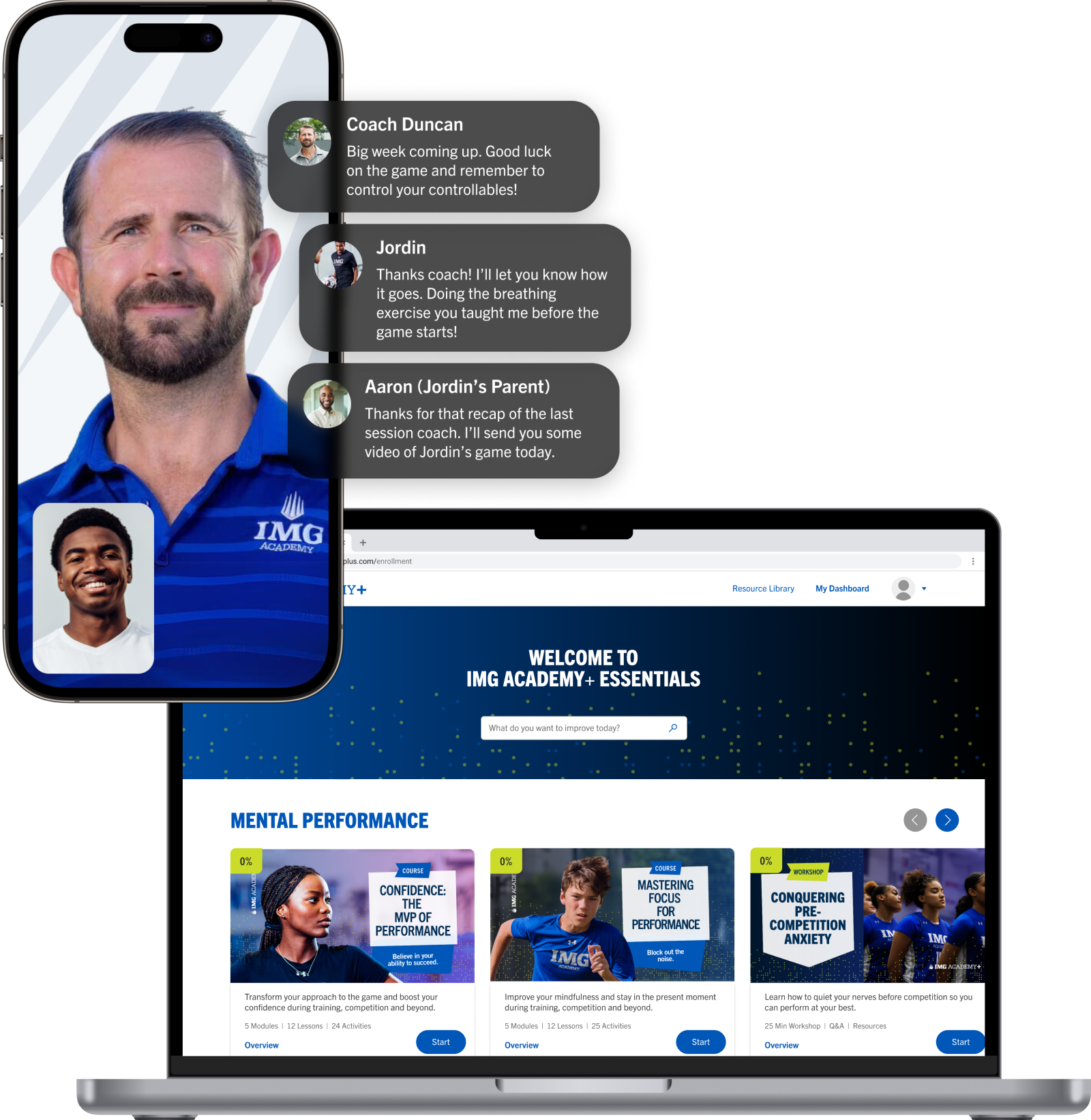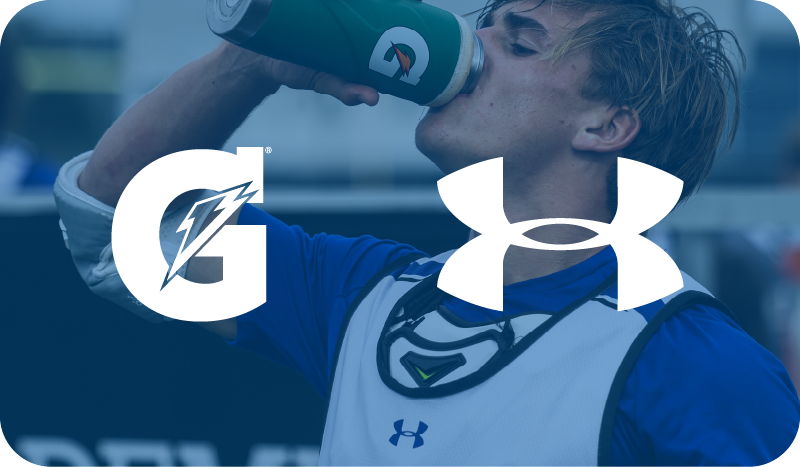The ability to stay focused — or to quickly refocus when you get distracted — is a crucial mental performance skill that all student-athletes need to master to be successful at their sport. At IMG Academy, one of the ways that young athletes learn to improve their ability to focus is by practicing a simple but powerful maxim: control the controllables.
“It’s all about identifying the specific things within our performance domain that we are able to focus on and control and not getting distracted by the elements that are out of our control,” says Dr. Duncan Simpson, IMG Academy’s Director of Personal Development.
“The best definition I’ve heard for focus is the absence of irrelevant thoughts — the ability to be completely locked in on a task. When we’re locked in on the task, that’s what’s controllable,” he says.
Examples of Uncontrollables and Controllables
Some of what happens during a competition is not under your control. When you step up to the tee box in golf, for example, you can’t control the score or your opponent or the weather conditions on the course. “Those are all things that you need to be aware of, but you can’t control them,” Simpson says.
The list of things that you can control is much longer, and it starts with focus. “I ask athletes all the time, ‘Can you direct your focus?’ And oftentimes, they’re not so sure,” he says. “But if I say, ‘Look over there at that spot in the distance,’ that shows them that, yes, they can control their focus.”
Other examples of controllables are planning and preparation leading up to a game or match. These elements are totally under your control, and they can lead to a better performance, Simpson says.
While you’re competing, there are also specific goals you can focus on that are within your control. For instance, you can focus on your breathing to help regulate your emotions, and you can focus on managing your internal dialogue so you’re thinking about effort rather than the outcome.
“A really good example of a controllable is your pre-performance routine, which is that moment when you’re walking up to take a tennis serve or hitting a golf ball or taking a basketball free throw,” Simpson says. “You have that brief moment within your sporting domain where time kind of stops and you are completely in control, and that’s what you can focus on.”
In team sports, there are more nuances. For instance, in soccer, you have control over your preparation, attitude, and play on the field — and although you can’t control your teammates, you can influence them, Simpson says. “You can’t force your teammate to run places, but you can influence them by communicating with them during the game and saying, ‘Hey, move over there.’”
The same is true of your relationship with an opponent. “You can’t control them, but you can influence and impact them by your behavior,” Simpson says.
Embrace the Uncertainty
One of the reasons people love sports so much, Simpson says, is that there’s so much that isn’t under our control.
“I will often ask student-athletes, ‘If you always knew if you were going to win or lose and how you were going to play right at the beginning, how long do you think you’d play for?’” he says.
“The answer is not very long — because it’s that uncontrollable, unknown, emotional nature of sports that makes it so exciting.”
Ready to learn how you perform in the clutch? Take IMG Academy’s on-demand focus course.


